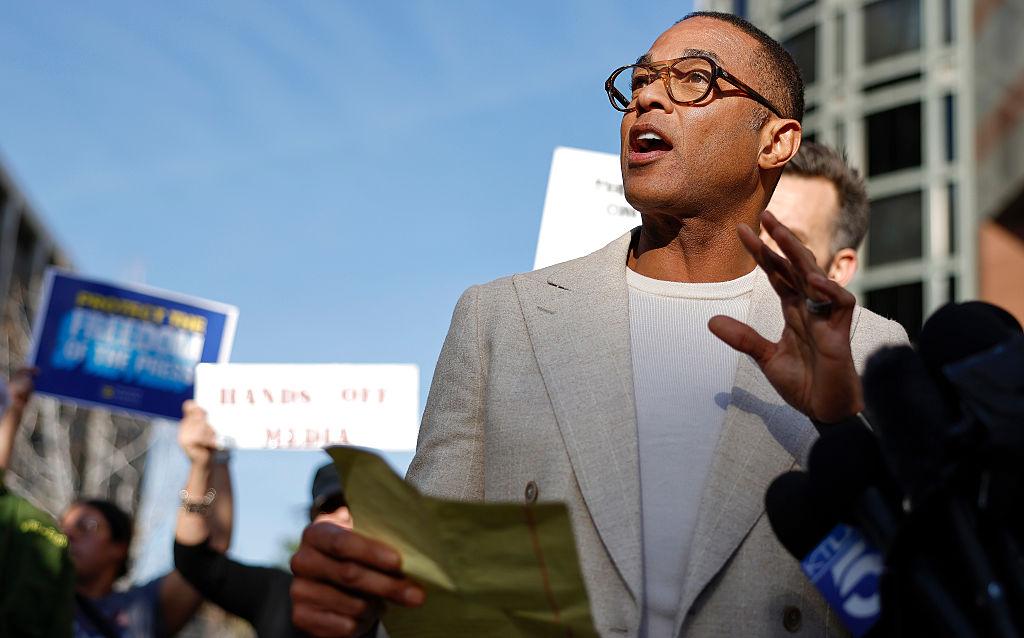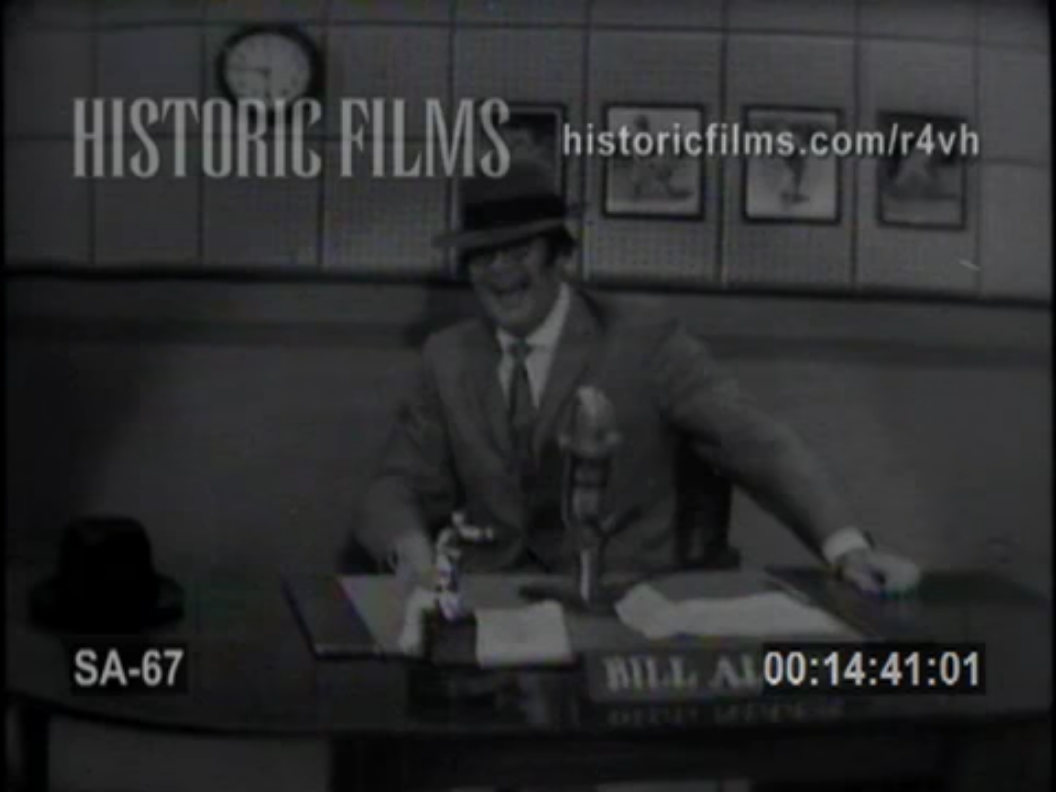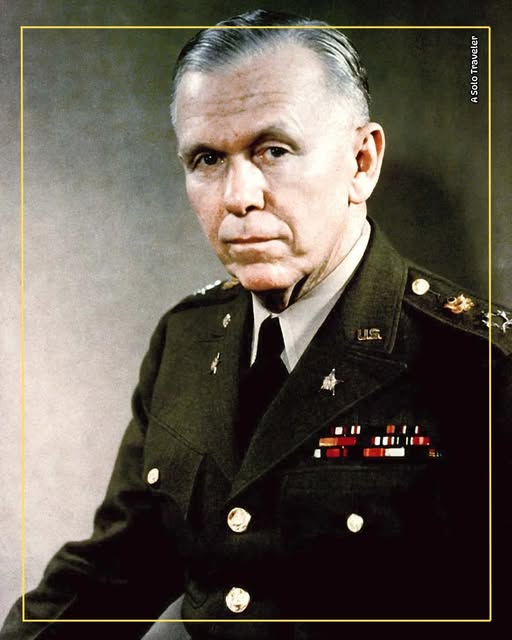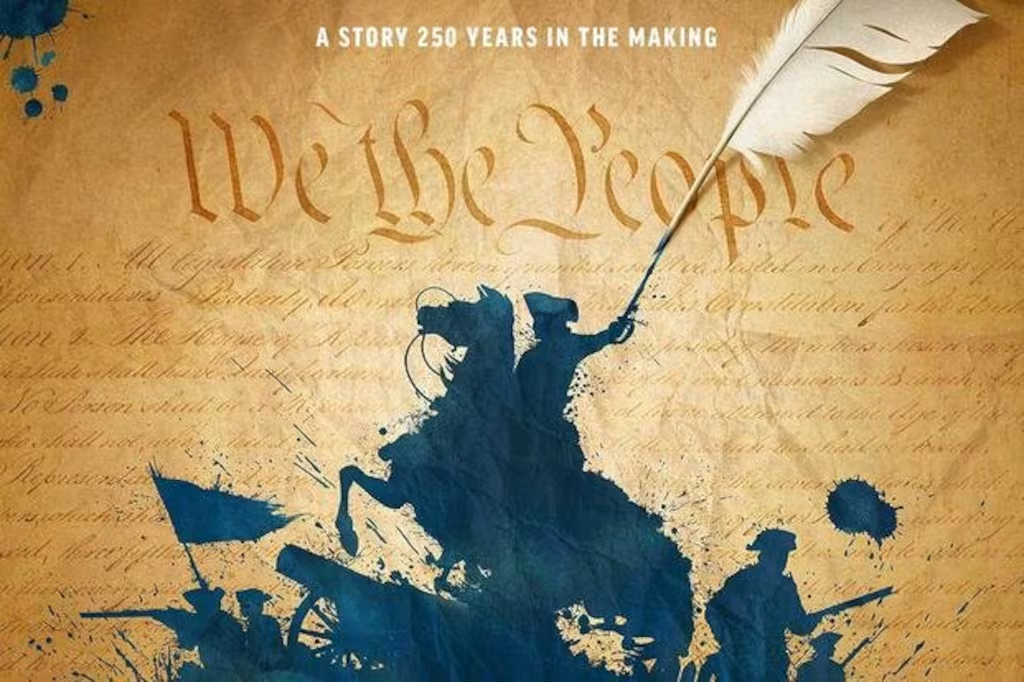In Colin Powell and the American Dream (1995), Judith Cummings and Stefan Rudnicki write about an early choice made by a man who would rise to become an extraordinary leader and statesman.

“In 1964, stationed in Fort Benning, Georgia, Powell pulled into a drive-in hamburger stand on Victory Drive. The waitress said she was not allowed to serve him, but if he would go behind the restaurant, she would pass him a hamburger out the back window. [Powell left in anger. Later that year,] Pres. Johnson signed the Civil Rights Act, outlawing discrimination in places of public accommodation.
“In 1964, LBJ ran against Barry Goldwater, who had cast the lone vote in the Senate against the civil rights bill. Powell said, ‘I mailed my absentee ballot to my New York voting address. LBJ, all the way. And I treated myself to another burger on Victory Drive.’ ”
In his autobiography, My American Journey (1995), Powell writes, “To sum up my political philosophy, I am a fiscal conservative with a social conscience. I have found my philosophy, if not my political affiliation. Neither of the two major parties fits me comfortably in its present state.
“Granted, politics is the art of compromise, but for now I prefer not to compromise just so I can say I belong to this or that party. I am troubled by the political passion of those on the extreme right who seem to claim divine wisdom on political as well as spiritual matters. On the other side of the spectrum, I am put off by the patronizing liberals who claim to know what is best for society but devote little thought to who will eventually pay the bills.
“I distrust rigid ideology from any direction, and I am discovering that many Americans feel just as I do. The time may be at hand for a third major party to emerge to represent this sensible center of the American political spectrum.”
A few years ago, a conference attendee sent me a copy of Colin Powell’s 13 Rules of Life from that autobiography. In reading through them, I discovered a very clear connection to ethics.
1. It ain’t as bad as you think. It will look better in the morning.
Pursue excellence: do your best with what you have; be open-minded.
2. Get mad, then get over it.
Be responsible: exercise self-control; be disciplined.
3. Avoid having your ego so close to your position that, when your position falls, your ego goes with it.
Accept responsibility for the consequences of your actions; set a good example for others.
4. It can be done!
Be diligent, conscientious, positive.
5. Be careful what you choose. You may get it.
Think before you act; consider the possible consequences on all individuals affected by your actions.
6. Don’t let adverse facts stand in the way of a good decision.
Make decisions based on the facts with impartiality and objectivity avoiding favoritism or prejudice.
7. You can’t make someone else’s choice. You shouldn’t let someone else make yours.
Think before you act; respect the right of individuals to make decisions about their own lives.
8. Check small things.
Responsibility means employing good work habits; keeping an eye out for unintended consequences to decisions.
9. Share credit.
Be accountable, loyal; support, encourage and protect family, friends, co-workers.
10. Remain calm. Be kind.
Show that you care about others through kindness, caring, generosity, sharing and compassion; be respectful of others, be tolerant, accept individual differences; live by the Golden Rule; don’t be selfish, mean, cruel or insensitive to the feelings of others.
11. Have a vision. Be demanding.
Lead by example; demonstrate integrity; treat beliefs about right and wrong as ground rules of behavior and decision-making; elevate principle over expediency.
12. Don’t take counsel of your fears or naysayers.
Focus on the issue(s) at hand; do your best with what you have; keep trying; don’t quit or give up easily; be diligent.
13. Perpetual optimism is a force multiplier.
In my own talks, I’m sometimes asked if it is unethical to be cynical. My response: if we understand and accept that pursuing excellence is an integral part of responsibility, how, then, can we pursue excellence, be committed to total quality, seek to develop our knowledge, skills and judgment in the performance of any duty by being negative?
“There is real magic in enthusiasm,” Dr. Norman Vincent Peale said. “It spells the difference between mediocrity and accomplishment.”
Comments










